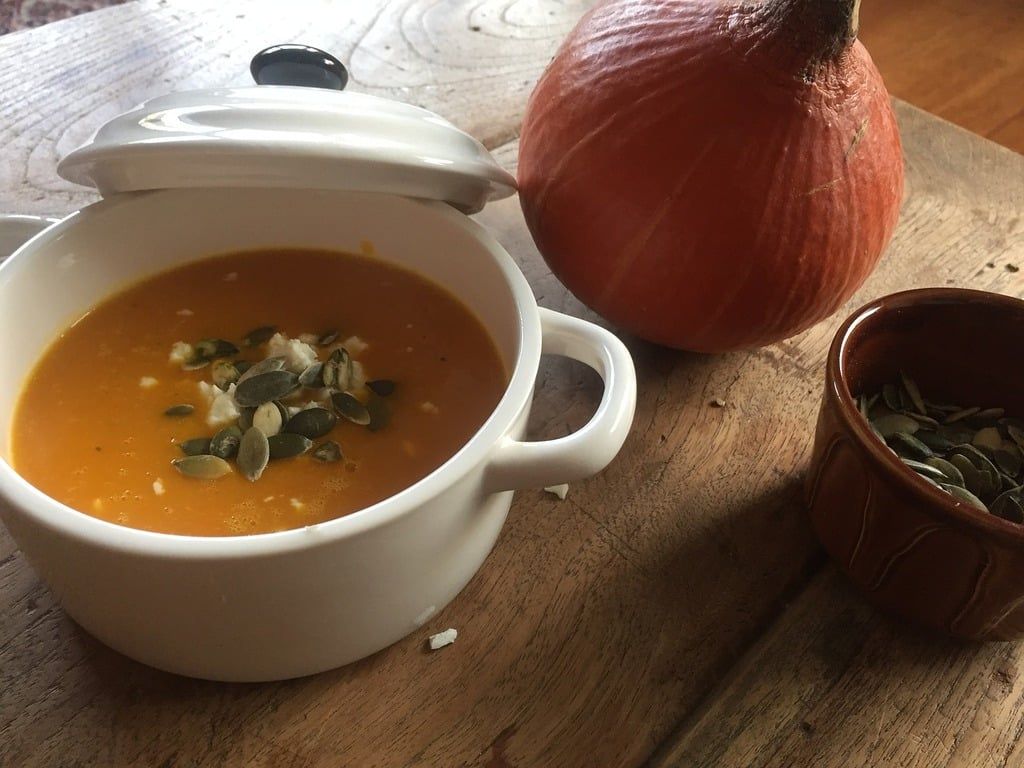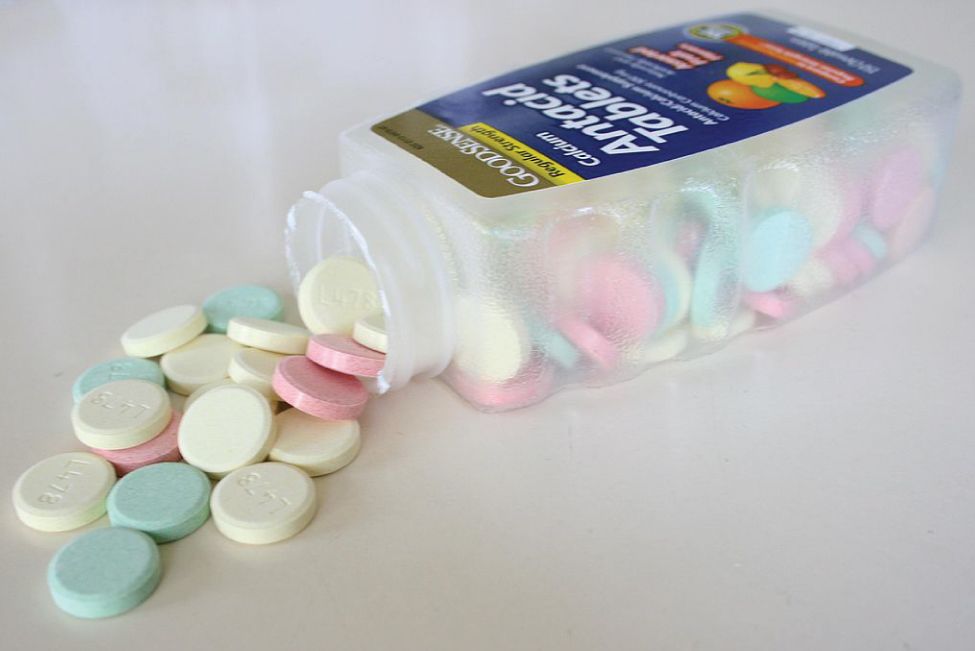
Snooze or Lose: The Power of Sleep on Your Immune System
- Dec 11, 2024
Ever considered hitting that snooze button for a few minutes longer as an act of self-love? Well, it might be so. Your immune system, much like a Fifth Avenue fashionista, thrives on beauty sleep. Your body uses these precious hours of darkness to mount a defense against invading health hooligans, including cold-carrying critters and infection-spawning spores. In a nutshell, sleep isn't just survival; it's essential maintenance. Adults need about seven to nine hours of shut-eye per day, but let's be real, who's counting? The crucial part is feeling rested, alert, and ready to face the day with a smile (or at least without the need for excessive caffeine).
When illness strikes or when recovering from surgery, your need for sleep multiplies. Think of it as your body's way to combat fatigue and facilitate effective healing. Here's where it gets interesting though - even as you sleep off the sickness, chances are your sleep is interrupted by your ailment. Fever, inflammation, coughing – your illness has many ways to steal your sweet dreams away, which can impact the restorative effects of sleep.
Cycling between different sleep stages is an intricate dance that might be disrupted during illness. So, whilst being sicker than a dog might lure you into lala-land more frequently, the quality of these slumbers will likely not be at their prime. Much like a diet consisting only of chocolate (we wish), these broken winks of sleep might leave you cranky, detached, and feeling as though you've wrestled with hibernating bears the following day.
Do you ever feel like hibernating when struck by illness? It's not laziness-it's self-care. The healing power behind a good night's slumber is hormones produced during REM sleep that help your body create new cells to replace the damaged ones. Now, juxtapose that against the side effects of sleep deprivation, which can include increased levels of cortisol, the infamous stress hormone that significantly downgrades your immune system's capacity to fight back.
Now, let's clear a misconception – is there such a thing as too much sleep? Indeed, there is. Just as your body requires sleep to heal, chronic oversleeping might be an indication of other underlying issues. Regularly logging in more than nine hours a day might flag an underlying physical ailment or signal the need for mental health intervention. Bluntly put, if any given sloth sidelines you in the race for a good night's kip, it's time to seek professional assistance.
Skeptical about the role of sleep in maintaining your health? Consider it a gentle reminder that skimping on sleep doesn't just leave you feeling drowsy. Sleep deprivation is a silent saboteur, making you more susceptible to infections, slower in healing injuries, and throwing you a one-way ticket to a chronically sick lifestyle.
Bottom line? Embrace sleep as an ally in your health journey. Whether you're battling a minor bug or recovering post-op, optimizing your sleep environment can help speed up recovery and restore vitality. When you're down for the count, cocooning yourself in comfort could be your quickest route back to wellness.






